
-
Feeling the Rainbow: LGBT Rights and Reforms
Read more: Feeling the Rainbow: LGBT Rights and Reformsby Senthorun Raj Do I feel proud? This was a question I reflected on recently while gathered with several sweaty […]


by Senthorun Raj Do I feel proud? This was a question I reflected on recently while gathered with several sweaty […]
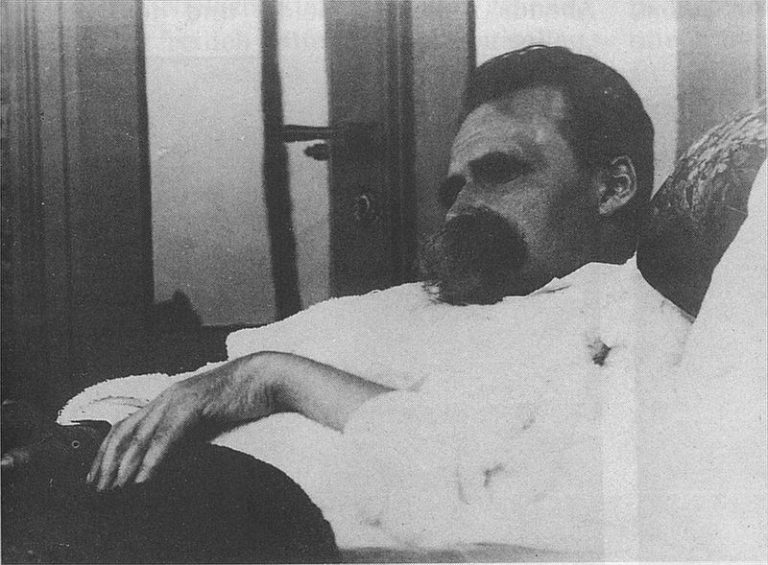
That Nietzsche valued his own birthday is known to readers of his correspondence. After his mother appears to forget her son’s 44th birthday, he sends her a postcard four days later: “This time the old mother has forgotten the old…
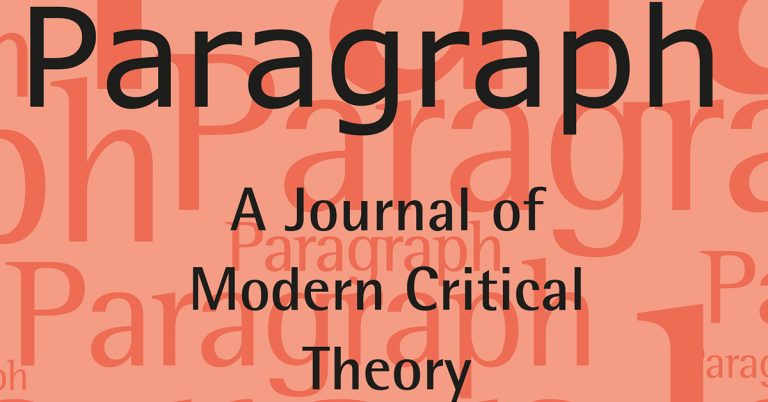
By Peggy Kamuf In tribute to Jean-Luc Nancy, whose death was announced in August, Peggy Kamuf looks back on a landmark special issue of Paragraph (‘On the Work of Jean-Luc Nancy’, Paragraph, Vol. 16, Issue 2) which she edited in…

by Hilan Bensusan Pointing is a thoroughly situated activity. One points at what is somehow around – even when one needs complex language devices for the exercise. Maybe because thinking often aims to be indifferent to where one is, pointing…
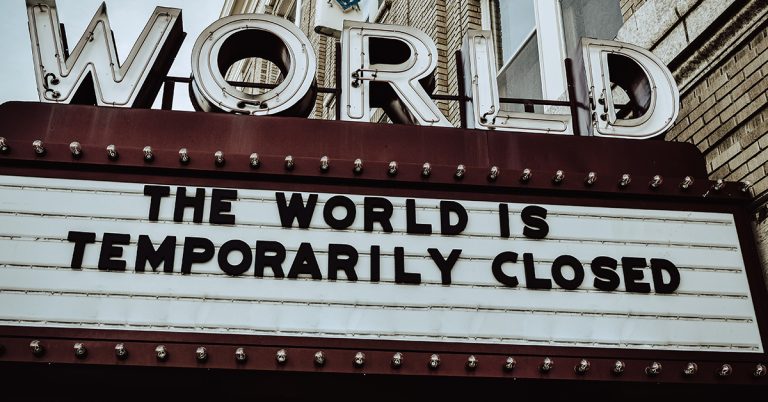
Edward Avery-Natale, interviewed by Colin C. Smith My childhood friend Dr. Edward Avery-Natale is a professor of contemporary sociology, while I am a lecturer in ancient philosophy. Although Ed studies the modern world and I the ancient, we are often…

By Jacob Bates-Firth Sarah Kofman and the Relief of Philosophy (ed. Bates-Firth and McKeane) is out now as a special issue of Paragraph, 44:1 (March 2021) and concurrently in book form with Edinburgh University Press. Backdrop When John and I began to…
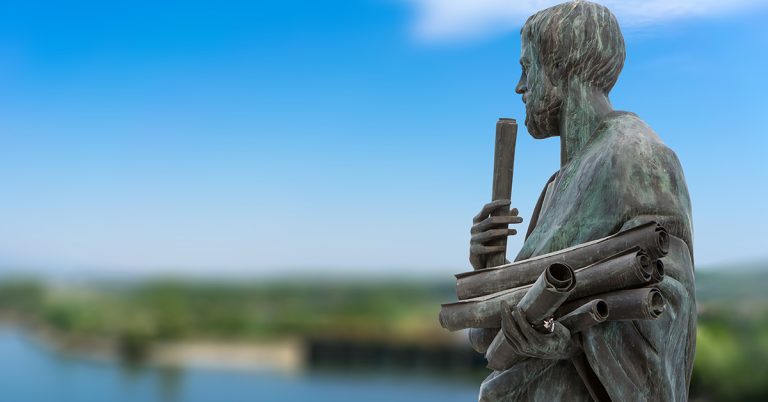
By Jason W. Carter How much do we know about the future? Some people think that we can know a lot about the future – even the distant future. We might now know, for instance, that a catastrophe caused by…

By Enrico Galvagni There is a myth that spans the history of western thought: the myth of the selfless philosopher. True philosophers, the myth says, are ethereal creatures who dropped every trace of pride, egoism, and vainglory to devote their…

By Christopher Gill Many of the themes regularly used for life-guidance based on Stoic philosophy can help with responding to the current coronavirus crisis; here are a few suggestions. Drawing a clear distinction between what we can and cannot control,…
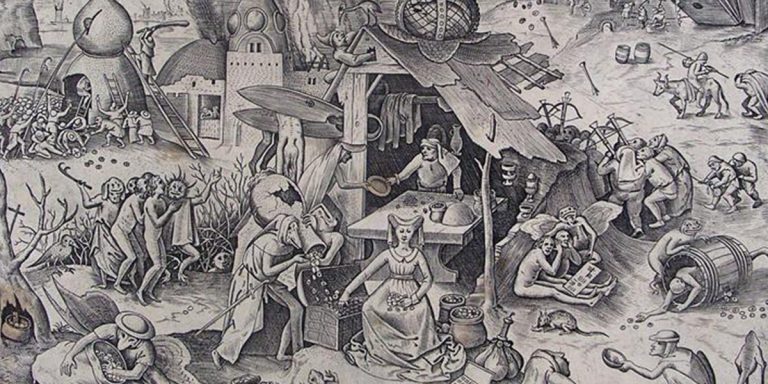
By Nicholas Baima Greed is clearly unjust, but is it foolish? In Book 1 of Plato’s Republic, Thrasymachus defends the value of injustice by arguing that it is in one’s self-interest to be greedy. Justice, he argues, is nothing more…